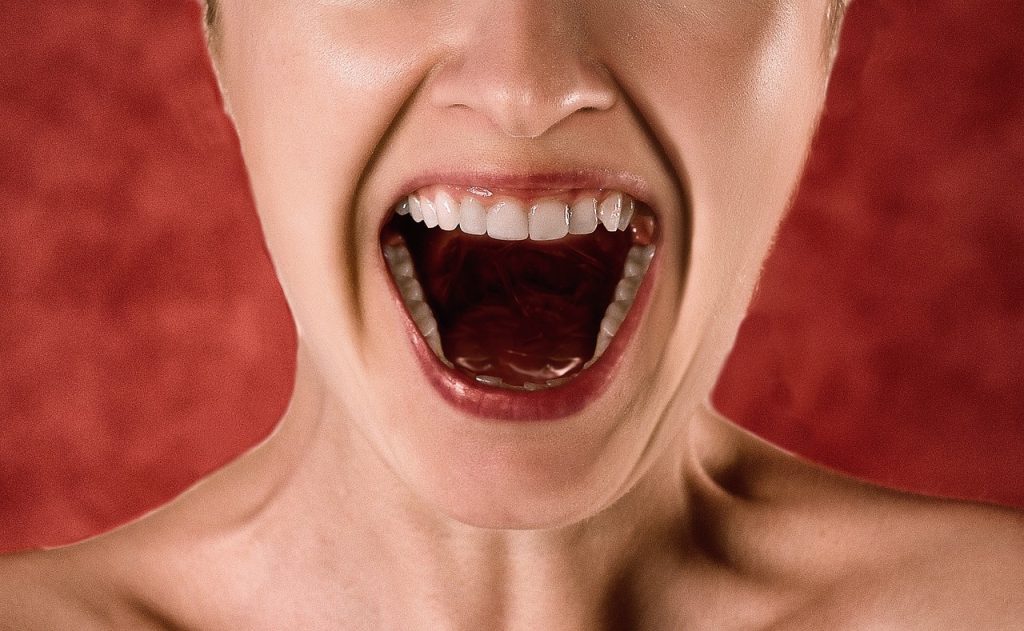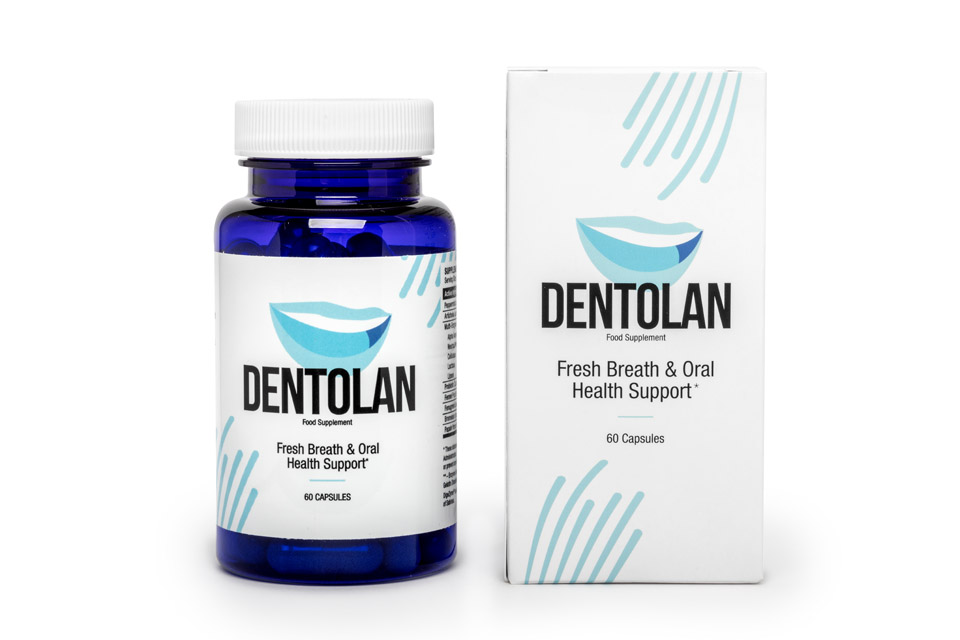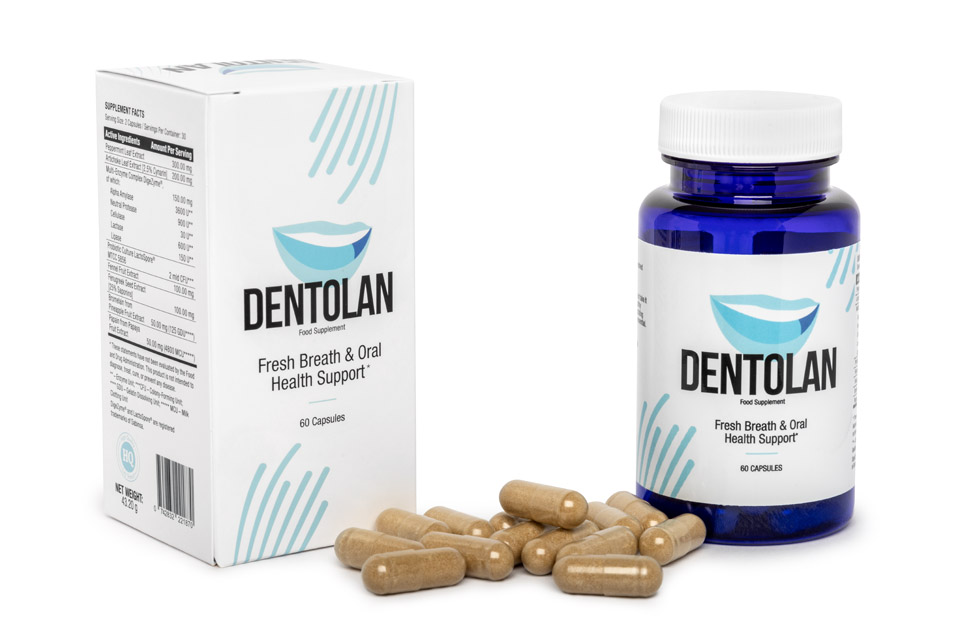Do you find yourself constantly stressing about the dreaded bad breath? Have you tried everything under the sun to combat it, only to have it come back with a vengeance? Well, worry no more! In this article, we’re going to dive into how you can finally kick bad breath to the curb for good with Freshen Up. No more awkward moments or self-consciousness – just a fresh, confident smile that will have you feeling like a brand new person. So say hello to Freshen Up and goodbye to bad breath once and for all.
Freshen Up is the ultimate solution for banishing bad breath once and for all. Whether it’s caused by food, drink, or underlying dental issues, Freshen Up tackles the root of the problem to ensure long-lasting freshness.
Say goodbye to masking bad breath with mints and gum, and instead enjoy the confidence of knowing that your breath is always fresh and clean. Stay tuned as we explore how Freshen Up can change your life and give you the freedom to speak and socialize without the fear of bad breath holding you back.
Contents
Causes of Bad Breath

Bad breath, also known as halitosis, can be an embarrassing and unpleasant problem that affects many people
While occasional bad breath is normal, chronic bad breath can be a sign of underlying issues
There are several common causes of bad breath that you should be aware of in order to effectively address the issue
One of the most common causes of bad breath is poor oral hygiene
When food particles are left in your mouth, bacteria begin to break them down, releasing foul-smelling gases in the process
Brushing and flossing your teeth regularly is essential for removing food particles and bacteria from your mouth, preventing bad breath
Another common cause of bad breath is a dry mouth
Saliva plays a key role in keeping your mouth clean by washing away food particles and bacteria
When your mouth does not produce enough saliva, bacteria can thrive and cause bad breath
Factors such as dehydration, certain medications, and medical conditions can contribute to dry mouth
Drinking plenty of water and staying hydrated can help combat dry mouth and reduce bad breath
Poor dietary choices can also contribute to bad breath
Foods such as garlic, onions, and spicy foods contain compounds that are absorbed into your bloodstream and carried to your lungs, where they are exhaled through your breath
These odors can linger in your mouth long after you have finished eating
Additionally, sugary foods and beverages can feed bacteria in your mouth, leading to bad breath
Dental issues such as gum disease, cavities, and oral infections can also cause bad breath
Bacteria can hide in pockets around your teeth and gums, releasing foul-smelling gases as they feed on food particles and plaque
These bacteria can also cause inflammation and infection, contributing to bad breath
Regular dental check-ups and cleanings are important for maintaining good oral health and preventing bad breath
Certain lifestyle habits, such as smoking and using tobacco products, can also lead to bad breath
Tobacco products contain chemicals that can linger in your mouth and lungs, causing an unpleasant odor
Smoking can also dry out your mouth and increase the risk of gum disease, both of which can contribute to bad breath
Quitting smoking and avoiding tobacco products can improve your breath and overall health
Finally, underlying medical conditions can cause bad breath
Issues such as respiratory infections, diabetes, liver disease, and acid reflux can result in foul-smelling breath
These conditions can alter the chemical composition of your breath, leading to persistent bad breath
If you suspect that a medical condition may be causing your bad breath, it is important to consult with a healthcare professional for proper diagnosis and treatment

Common Culprits Behind Bad Mouth Smell
We’ve all been there – you’re having a conversation with someone and suddenly you catch a whiff of something unpleasant coming from their mouth
Bad breath, also known as halitosis, is a common issue that can be embarrassing and off-putting
But what causes bad breath in the first place
Let’s take a closer look at some of the common culprits behind that foul mouth smell
1-One of the most common causes of bad breath is poor oral hygiene
When you don’t brush and floss regularly, food particles can get trapped in between your teeth and on your tongue, creating a breeding ground for bacteria
These bacteria can produce foul-smelling sulfur compounds that contribute to bad breath
So, if you’re not brushing at least twice a day and flossing once a day, you may be setting yourself up for some serious mouth odor
2-Another culprit behind bad breath is the food you eat
Certain foods like garlic, onions, and spicy foods contain odorous compounds that can linger in your mouth long after you’ve finished eating
In addition, sugary foods and drinks can feed the bacteria in your mouth, leading to more bad breath
If you want to freshen up, try avoiding these foods or at least brushing your teeth after consuming them to help combat any lingering odors
Saliva plays an important role in keeping your mouth fresh
It helps to wash away food particles and bacteria, keeping your mouth clean and odor-free
3-However, certain medications, medical conditions, or dehydration can lead to a decrease in saliva production, resulting in dry mouth
With less saliva to wash away odor-causing bacteria, bad breath can become more noticeable
If you’re experiencing chronic dry mouth, it’s important to speak with your healthcare provider to determine the underlying cause and find ways to increase saliva production
4-Poor oral health can contribute to bad breath, but so can certain health conditions
Chronic conditions like diabetes, acid reflux, and respiratory infections can all lead to bad breath
These conditions can affect your body’s natural processes and increase the likelihood of developing halitosis
If you have persistent bad breath that doesn’t improve with improved oral hygiene, it’s essential to see a healthcare provider to rule out any underlying medical issues
5-Lastly, smoking and tobacco use can also result in bad breath
Not only does tobacco use stain your teeth and tongue, but it also dries out your mouth and leaves a distinct odor behind
Additionally, smoking can lead to gum disease, which can further contribute to bad breath
If you’re a smoker, quitting can not only improve your oral health but also help freshen up your breath
In conclusion, bad breath can be caused by a variety of factors, from poor oral hygiene and dietary choices to underlying medical conditions and lifestyle habits
By addressing these common culprits and taking steps to improve your oral health, you can say goodbye to bad breath for good
Remember to brush and floss regularly, avoid odorous foods, stay hydrated, and seek professional help if needed
With some simple changes, you’ll be on your way to a fresher, more confident smile in no time.
Effective Ways to Combat Bad Breath
Having bad breath can be embarrassing and frustrating, but the good news is that there are plenty of effective ways to combat it and say goodbye to it for good
1-One of the most important steps you can take is to practice good oral hygiene
This means brushing your teeth at least twice a day, flossing regularly, and using mouthwash to kill bacteria that can cause bad breath
2-It’s also important to pay attention to what you eat
Certain foods, like onions, garlic, and coffee, can leave a lingering smell in your mouth that contributes to bad breath
Try to avoid these foods or at least brush your teeth or chew on sugar-free gum after consuming them to freshen up your breath
3-Another effective way to combat bad breath is to stay hydrated
Drinking plenty of water helps to keep your mouth moist, which in turn prevents bacteria from growing and causing bad breath
It also helps to rinse away food particles that can contribute to unpleasant odors
4-Some people find that chewing on fresh herbs like parsley, mint, or cilantro can help to freshen up their breath naturally
These herbs contain chlorophyll, a natural deodorizer that can neutralize bad odors in your mouth
You can also try chewing on sugar-free gum or sucking on sugar-free mints to keep your breath smelling fresh throughout the day
5-If you wear dentures or have dental appliances, it’s important to clean them regularly to prevent bacteria from building up and causing bad breath
Make sure to brush your dentures daily and soak them in a denture cleaner overnight to keep them clean and fresh
6-In some cases, bad breath may be a sign of an underlying medical condition, such as gum disease or an infection in your mouth
If you have chronic bad breath that doesn’t improve with good oral hygiene habits, it’s a good idea to see a dentist or doctor for further evaluation
Some people may also benefit from using a tongue scraper to remove bacteria and food particles from the surface of their tongue
This can help to reduce bad breath and leave your mouth feeling cleaner and fresher
7-Finally, if you smoke or use tobacco products, quitting can go a long way in improving your breath
Smoking not only leaves a strong odor in your mouth, but it also dries out your mouth, making it a breeding ground for bacteria that cause bad breath
By following these effective ways to combat bad breath, you can say goodbye to unpleasant odors and feel more confident in your interactions with others
Remember, good oral hygiene, a healthy diet, and proper hydration are key to keeping your breath smelling fresh and clean.
Tips for Maintaining Fresh Breath Throughout the Day
Bad breath, also known as halitosis, can be a real confidence killer. No one wants to be known as the person with bad breath, so it’s important to take steps to ensure your breath stays fresh throughout the day. Here are some tips to help you maintain fresh breath and bid farewell to bad breath for good.
- First and foremost, it’s crucial to practice good oral hygiene. This means brushing your teeth at least twice a day, ideally after every meal. Make sure to brush your tongue as well, as bacteria can build up on the surface of your tongue and contribute to bad breath. Flossing is also key to removing food particles and plaque between your teeth that can cause bad breath.
- In addition to brushing and flossing, using mouthwash can also help freshen your breath. Look for a mouthwash that kills bacteria and neutralizes odors, rather than just masking bad breath temporarily.
- Swishing mouthwash around in your mouth for 30 seconds to a minute can help reach areas that brushing and flossing may miss. Staying hydrated is another important factor in maintaining fresh breath. Drinking plenty of water throughout the day helps wash away food particles and bacteria in your mouth that can cause bad breath.
- Dry mouth can also contribute to bad breath, so make sure to drink water regularly to keep your mouth moist and fresh. Avoiding certain foods can also help keep your breath fresh. Foods like garlic, onions, and spicy foods can leave a lingering odor in your mouth, so it’s best to avoid them if you want to maintain fresh breath. Instead, opt for fresh fruits and vegetables, which can help increase saliva production and naturally freshen your breath.
- Regular dental check-ups are essential for maintaining good oral health and fresh breath. Your dentist can identify any underlying issues that may be causing bad breath, such as gum disease or cavities. By addressing these issues early on, you can prevent bad breath and maintain a healthy smile. Lastly, paying attention to your overall health can also impact your breath. Certain medical conditions, such as diabetes or respiratory infections, can cause bad breath.
- If you notice persistent bad breath despite following good oral hygiene practices, it’s important to consult with your doctor to rule out any underlying health issues. By following these tips and practicing good oral hygiene, you can maintain fresh breath throughout the day and say goodbye to bad breath for good. Remember to brush and floss regularly, use mouthwash, stay hydrated, watch your diet, and visit your dentist regularly to keep your breath fresh and your smile bright. Your friends and coworkers will thank you for it!

Dentolan - TRY USING Dentolan which is a multi-ingredient food supplement dedicated to people with bad breath. The product has a soothing effect on the throat and vocal cords. In addition, it supports digestive processes, as well as contributes to improving intestinal comfort and maintaining the normal pH of gastric juice.
Dentolan demonstrates an effective action regardless of the cause of bad breath. The product’s rich formula will prove effective regardless of whether the cause of halitosis is bacteria, stimulants used, digestive disorders or certain foods.
Natural Remedies for Banishing Bad Breath
- One of the simplest ways to freshen up your breath is by drinking plenty of water throughout the day. Staying hydrated helps to wash away bacteria in your mouth that can lead to bad breath. Plus, dry mouth can also contribute to halitosis, so keeping hydrated is key. Aim to drink at least 8 glasses of water a day to keep your breath smelling fresh.
- Another natural remedy for bad breath is to chew on fresh herbs like parsley or mint. These herbs contain high levels of chlorophyll, which acts as a natural deodorizer for your breath. Simply chew on a few leaves after a meal or whenever you need a quick refresh. Not only will it freshen your breath, but it will also leave your mouth feeling clean and minty.
- Adding more fruits and vegetables to your diet can also help in banishing bad breath. Crunchy fruits and vegetables like apples, carrots, and celery help to scrub away plaque and bacteria from your teeth and gums. Plus, the natural sugars in fruits like oranges and strawberries can help to stimulate saliva production, which is essential for fighting bad breath.
- Probiotics are another natural remedy that can help to eliminate bad breath. Probiotics are good bacteria that help to balance the levels of harmful bacteria in your mouth and gut. Eating probiotic-rich foods like yogurt, kefir, kimchi, and sauerkraut can help to promote a healthy balance of bacteria in your mouth, leading to fresher breath.
- If you’re a fan of tea, consider switching to green tea to help combat bad breath. Green tea contains catechins, which are powerful antioxidants that help to fight off the bacteria that cause bad breath. Drinking a cup of green tea after a meal can help to freshen your breath and improve your oral health.
- Lastly, practicing good oral hygiene is essential for banishing bad breath. Make sure to brush your teeth at least twice a day and floss daily to remove plaque and food particles that can lead to bad breath. Consider using a tongue scraper to remove bacteria from the surface of your tongue, as it can be a major culprit for halitosis.
Final Thoughts
In conclusion, there are plenty of natural remedies at your disposal for banishing bad breath. From staying hydrated and chewing on fresh herbs to eating probiotic-rich foods and practicing good oral hygiene, there are many ways to keep your breath smelling fresh and clean. By incorporating these natural remedies into your daily routine, you can say goodbye to bad breath for good.
Bad breath is a common issue that can be easily remedied with proper oral hygiene and lifestyle habits. By brushing and flossing regularly, staying hydrated, and avoiding foods that contribute to bad breath, you can say goodbye to this unpleasant problem for good. Remember, fresh breath not only boosts your self-confidence but also indicates good overall health. So, prioritize your oral health and say hello to fresh breath and a bright smile!





